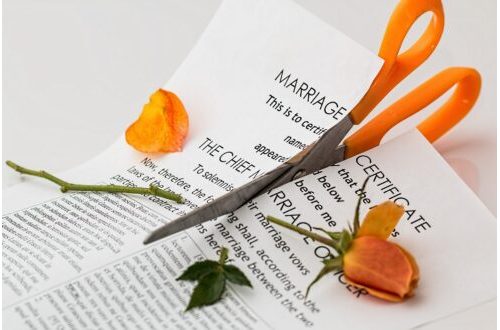What happens to an inheritance during divorce?
Are you worried that an inheritance may become part of a financial settlement when separating? Here we discuss the issues surrounding inheritance and whether or not it can be protected.
During divorce and separation all the financial assets from a marriage go into what is known as the ‘matrimonial pot.’ This is then divided between the couple to enable them to move forward and rebuild their lives independently. Generally, the start point for this is a 50:50 split and then the figures are adjusted to account for each person’s respective needs. For example, one party may require financial support as they cannot work owing to caring for young children.
When one party has received an inheritance either before, during or after the marriage, this is usually not considered as a matrimonial asset and remains outside the shared financial pot. However, this is complicated if the inheritance has been used by the couple to meet their ongoing financial needs.
How has the inheritance been used?
If the inheritance has become part of the family finances, it may become part of the matrimonial pot. Examples of this include using the rent from an inherited property to support the family finances, or if any inherited money has been mixed with other matrimonial assets as part of the family’s savings. Similarly, if the money has been used to buy the family home, it becomes part of the matrimonial pot.
While the fact that the money was the inheritance of just one party can be raised as a consideration during divorce proceedings, it will be more difficult to protect any inherited assets than if they were kept in a separate account and not part of the family’s finances. Having said that, the court can use its discretion when dividing financial assets during divorce and will assess each case on the specific circumstances. Owing to the complexity of the law on these matters and how they relate to individual circumstances, it is strongly advised that the advice of a family lawyer is sought.
What about future inheritances?
It is unusual for future inheritance to be considered during divorce, because Wills can be changed if the person who is gifting the inheritance is still alive. However, the prospect of future inheritance makes it more important to have any financial settlement formalised in a consent order issued by the court. This should state how the assets are being divided and outline any maintenance provision, as well as making clear that no future financial claims can be made by either party. This protects any future financial gain including inheritance, from a claim by the other party after the divorce. Without such a legally binding consent order, an ex-spouse can still make a financial claim years after the divorce has gone through.
We are specialist family lawyers and have a wealth of experience in resolving financial settlements. If you are thinking about, or struggling with the issues surrounding divorce, separation, finances and child contact issues, we offer a no obligation 60-minute initial consultation for £100 (incl. VAT). This will give you the opportunity to receive legal advice relevant to your personal circumstances.
To book a consultation, please call us on 01444 472700, email info@tisshawssolicitors.co.uk or complete the form below.

Book a consultation to discuss your options –
Only £100 (Incl. VAT)
We know how difficult divorce and separation can be, so we offer an initial one hour fixed fee consultation with a fully qualified lawyer, to help you make an informed decision about how to proceed.
To book, please call 01444 472700 or complete the quick contact form.
